
Talking serious writers here. You know. SERIOUS. Women can leave the room while men smoke the cigars and sip brandy.
A few days ago, I wrote a deliberately provocative post about Jane Austen, whom I detest, and said bad things about women writers generally. I was expecting (and hoping for) a backlash. Wanted to see who women thought were great female writers. What I got was confirmation that writing at the “great” level is definitely a man’s game, at least as women see it. It’s like baseball. Women can’t throw and can’t hit either the fastball or the curveball.
Thought somebody would mention Gone With the Wind, which might have been the most popular book/movie combination of the twentieth century, but it’s no longer politically correct and even the women who love love love it will no longer say so in public. Instead we get My Antonia by the drab Willa Cather and To Kill a Mockingbird, a sudsy southern sidebar to the career of Truman Capote. the Brontes are all swept away by the tsunami of the Victorian Shakespeare, Charles Dickens. And, of course, the wannabes. George Eliot, George Sand, A. M. Bernard, all three Brontes, and who(?) Virginia Woolf.
I wrote my senior English thesis at Harvard about F. Scott Fitzgerald and Virginia Woolf. She was as gifted a writer as he was. In some ways she was better than he was. He wrote beautiful sentences and paragraphs. She wrote beautiful tides of words. He wrote beautiful novels. She wrote beautiful plunges into the minutia of life. Different critters. Tried to say so in my thesis. My feminist critics thought I misunderstood everything. Women are exactly like men, only they have periods and need abortions. (The men who designed wall sockets are smarter than God, they don’t need four days of downtime a month.) Perhaps they were right. In which case there is a performance gap in need of explanations. Where is the female Blake, Milton, Shakespeare, Shelley (Plath? Please.), Eliot, anybody you studied in school (like Willa Cather up top), and William Tindale, the genius and contemporary of Shakespeare who wrote the King James Bible, the most quoted source in western letters, even more than Shakespeare. What do women have to put up against that?
So. I am here today to declare that there is a category of greatness almost always overlooked. Children’s Literature. I intend to speak of three Great Women Writers who deserve to stand beside the greatest men in the business of writing.
You see. There are women who write great books for children. Not just for little girls. For all children. They don’t need critiques or interpreting. They have have no buried agendas. They were the first multimedia giants. The three I’m highlighting today wrote their own stories and did their own illustrations.
Marguerite de Angeli
First because she’s closest to home. De Angeli. Had her book “Copper Toed Boots” when I was a kid. Read it a thousand times. At least. She did the illustrations too. Wanted those boots. Nobody understood. She did. You could say I’ve spent a lifetime trying to get those copper toed boots. And you’d be right.

Boys want boots. She knew that.
She also knew about girls. Read Henner’s Lydia too. A Pennsylvania Dutch thing. No politics, gender or otherwise. She wrote for children. About what matters and is necessary to children. No preaching. Just beautiful images in words and paint.
And then. The book I read more than any other probably in my lifetime. The Door in the Wall.

The Door in the Wall. A message sent directly into the brains of kids. I still remember lines of text.
Had no idea this was Marguerite de Angeli. Done for today. I was going to talk also about Tasha Tudor and Beatrix Potter. And the male gimcracks who thought they were writing for children but really for the critics instead. Except for Kenneth Graham. So.
Tomorrow.






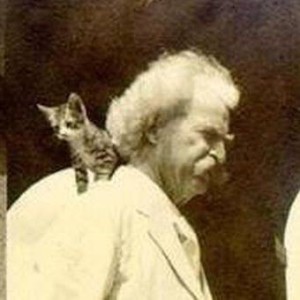














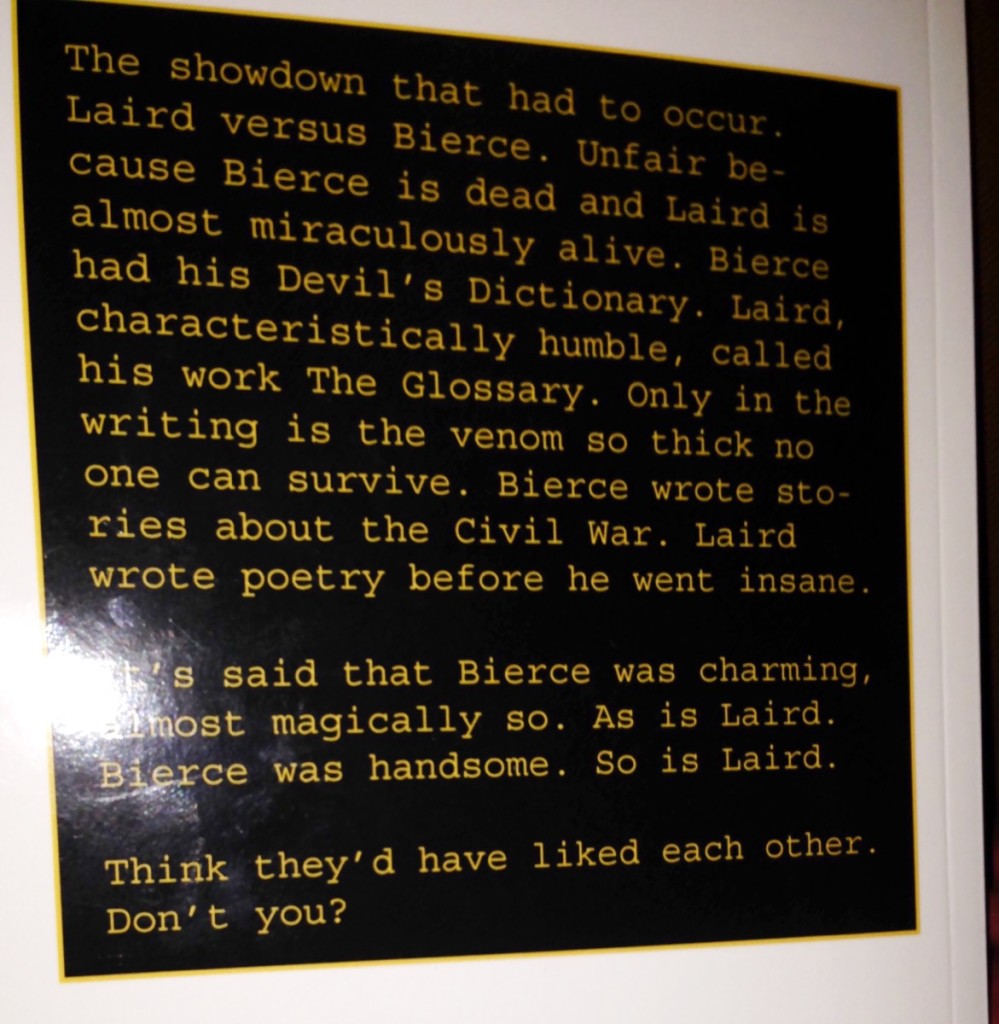
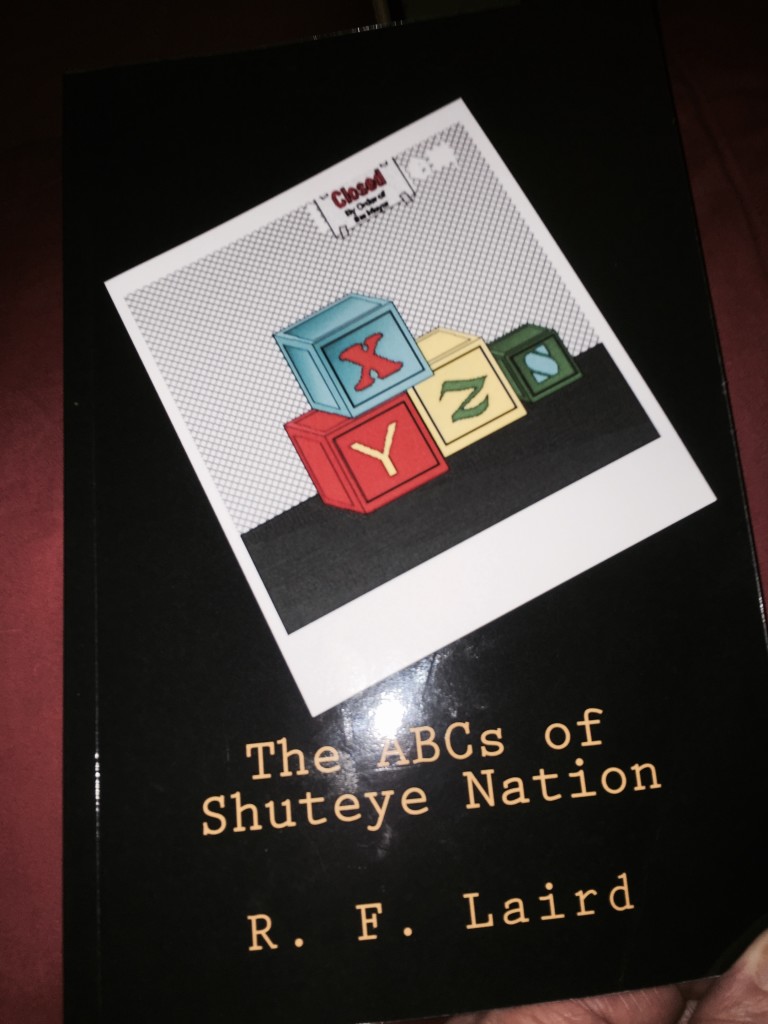
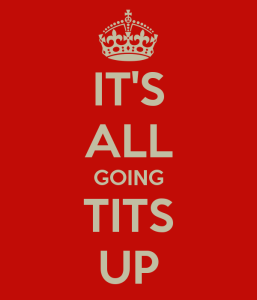


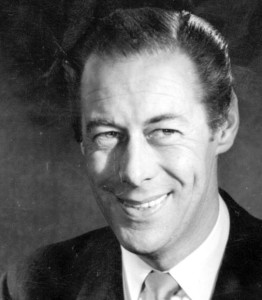





Recent Comments